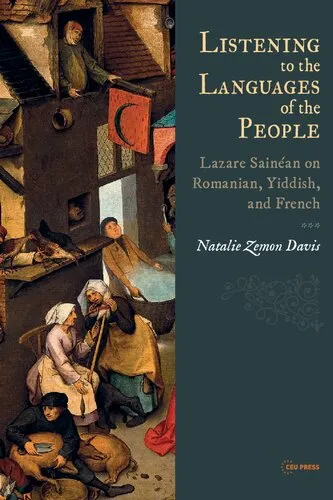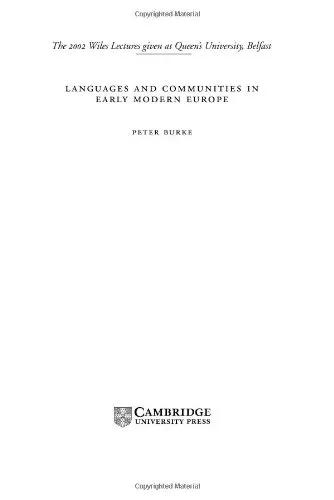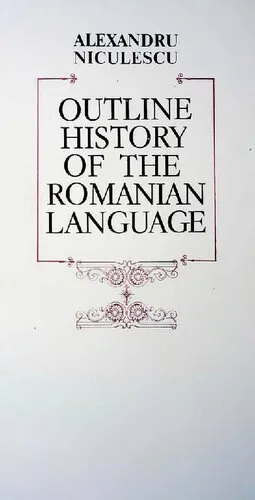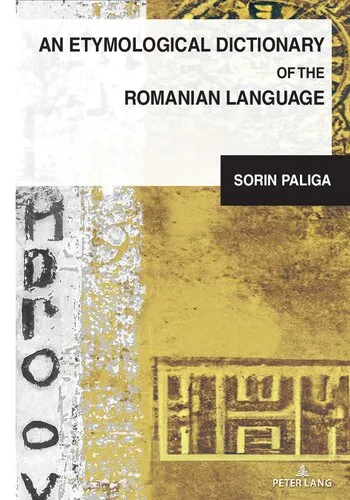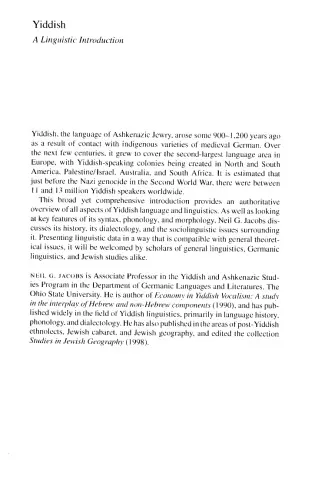Listening to the Languages of the People: Lazare Sainéan on Romanian, Yiddish, and French
4.5
Reviews from our users

You Can Ask your questions from this book's AI after Login
Each download or ask from book AI costs 2 points. To earn more free points, please visit the Points Guide Page and complete some valuable actions.Related Refrences:
Introduction
Language is not merely a tool for communication; it is a reflection of cultural identity, history, and the social dynamics of the people who speak it. Listening to the Languages of the People: Lazare Sainéan on Romanian, Yiddish, and French delves into the vibrant linguistic tapestry of these three languages through the life and scholarship of Lazare Sainéan, a prominent philologist and linguist. Written by Natalie Zemon Davis, this book is a masterful exposition of how languages intertwine with culture, politics, and history to create a powerful narrative of identity and social change.
By situating Sainéan’s extensive work in the context of his life and times—spanning Eastern Europe to France—this book offers readers not only a historical exploration of Romanian, Yiddish, and French but also an intellectual biography of a figure whose contributions are often overlooked. Davis interrogates how Sainéan used his expertise to challenge societal norms, fight antisemitism, and foster an appreciation of marginalized voices. Packed with linguistic insights and historical analysis, this book invites readers to reflect on language as a form of social agency, placing Lazare Sainéan’s legacy at the center of cross-linguistic and cultural studies.
Detailed Summary of the Book
Listening to the Languages of the People is structured around Lazare Sainéan’s life trajectory and intellectual journey. Born as Lazar Şăineanu in Romania in the late 19th century, Sainéan’s early experience with Romanian and Yiddish shaped his understanding of language as a dynamic force capable of uniting or dividing societies. He was passionately invested in studying Romanian, documenting its evolution and connections to other languages in the Balkan linguosphere. His pioneering research on Romanian folklore and literature earned him both praise and controversy in his homeland, particularly due to his Jewish heritage and the rising tide of nationalism.
Forced to leave Romania due to antisemitic pressures, Sainéan relocated to Paris, where his scholarship continued to evolve. Immersing himself in French linguistics, he sought to explore the intersections between language, culture, and society. Davis explores how Sainéan’s analysis offered profound insights into French vocabulary, tracing its development through centuries of social transformation.
Similarly, Davis illuminates Sainéan’s work on Yiddish—a language often dismissed during his time. He saw Yiddish as the “language of the people” and underscored its value in understanding Jewish life, identity, and resistance. Davis’ narrative highlights Sainéan’s commitment to elevating Yiddish and other vernacular languages as worthy subjects of scholarly inquiry, countering dominant narratives that marginalized them.
Through these linguistic explorations, the book captures themes of migration, resistance, and adaptation, while weaving together a story that is both deeply personal and broadly historical. Lazare Sainéan’s work emerges as an act of cultural preservation and advocacy for mutual understanding across linguistic boundaries.
Key Takeaways
- The study of language is intertwined with culture, politics, and power dynamics.
- Lazare Sainéan’s scholarship highlighted the vibrancy and significance of Romanian, Yiddish, and French, emphasizing their roles in shaping cultural identity.
- Language can be a tool of resistance and self-expression, particularly for marginalized communities.
- Sainéan’s focus on vernacular languages challenges elitist notions of linguistic hierarchy.
- The book reinforces the importance of cross-linguistic studies in fostering empathy and understanding in diverse societies.
Famous Quotes from the Book
“Language is not merely a means of communication; it is the soul of a community, its repository of memory and dreams.”
“In elevating the Yiddish language, Sainéan offered a bold rebuke to those who sought to erase the voices of the marginalized.”
“The history of language is, in many ways, the history of its speakers—their struggles, migrations, triumphs, and defeats.”
Why This Book Matters
Natalie Zemon Davis’ Listening to the Languages of the People is more than a biography of Lazare Sainéan; it is a timely reminder of the enduring power of language to shape cultures and communities. By recovering Sainéan’s groundbreaking contributions to the study of Romanian, Yiddish, and French, Davis celebrates linguistic diversity and underscores the urgency of preserving endangered languages and marginalized voices.
The book bridges the humanities and social sciences, making it valuable for linguists, historians, sociologists, and general readers alike. Its exploration of antisemitism, migration, and intellectual resilience resonates deeply in the current global context, where issues of identity, belonging, and exclusion remain pressing. Davis invites her audience to listen to the languages of the people—not as relics of the past but as living, evolving expressions of human creativity and resilience.
With its meticulous research and compelling narrative, this book redefines the place of language in understanding history and culture, making it an essential read for anyone interested in the rich interplay between words and the world we live in.
Free Direct Download
Get Free Access to Download this and other Thousands of Books (Join Now)
For read this book you need PDF Reader Software like Foxit Reader
